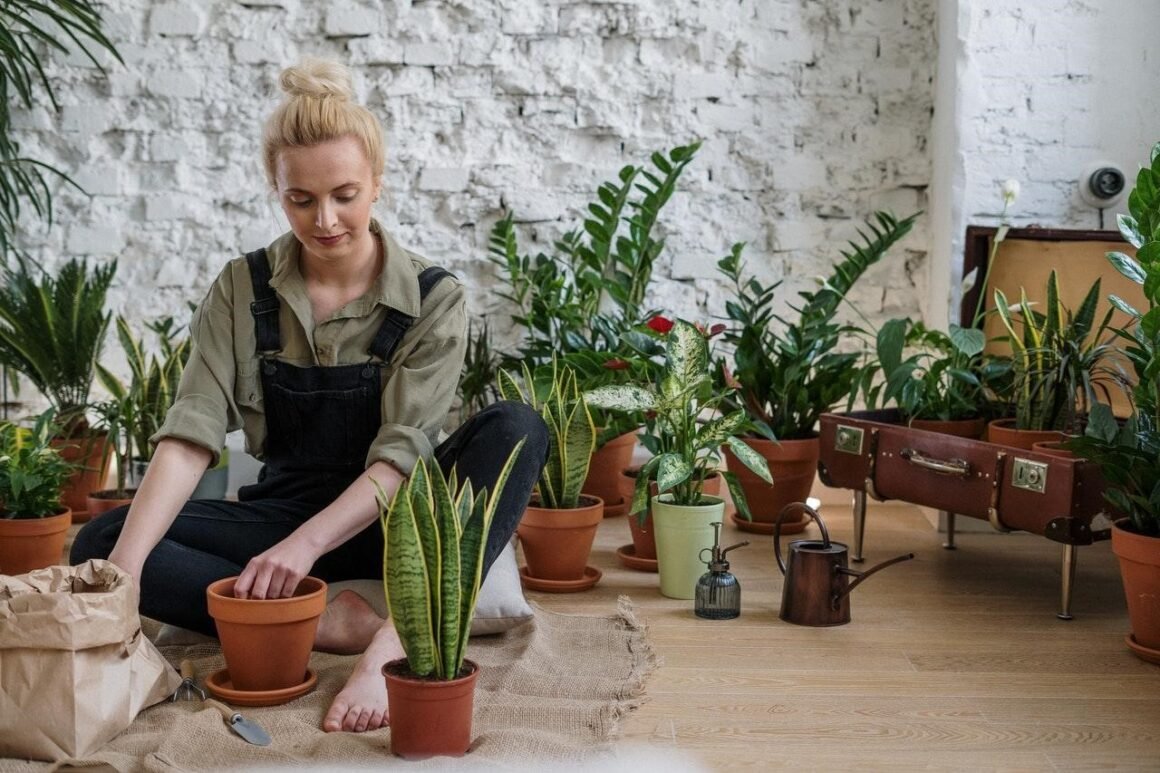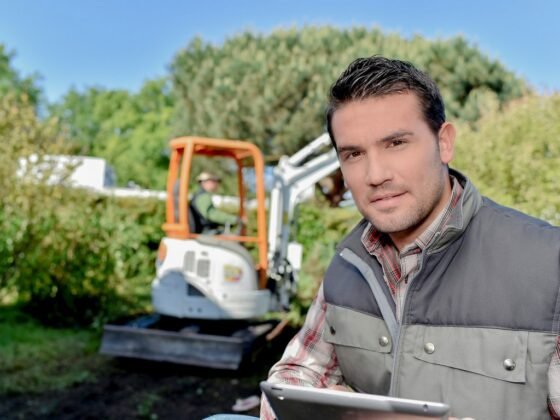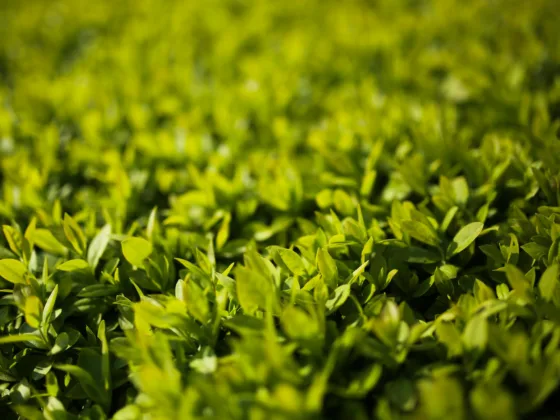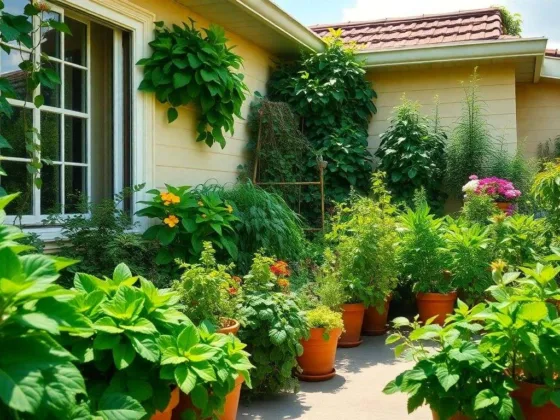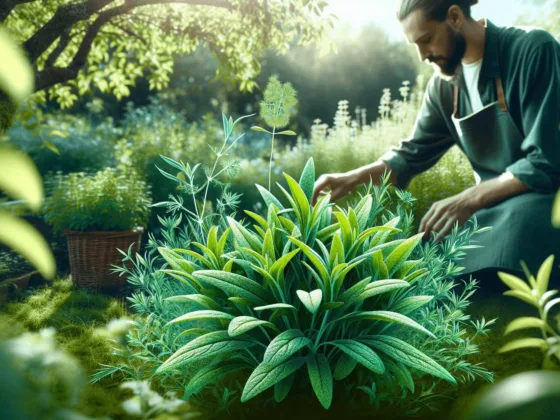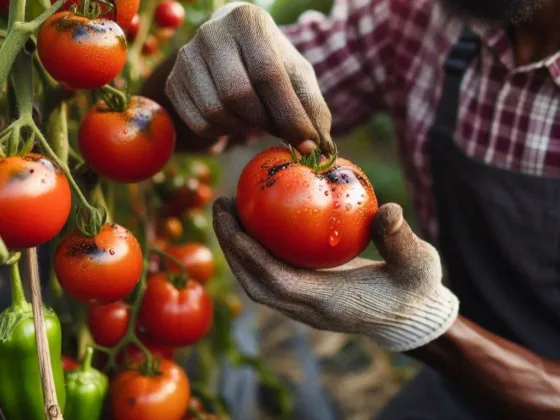Table of Contents Show
Gardening is a fun pastime for many, but it can be challenging to wrangle up your gear and start digging if you don’t have a backyard or a balcony.
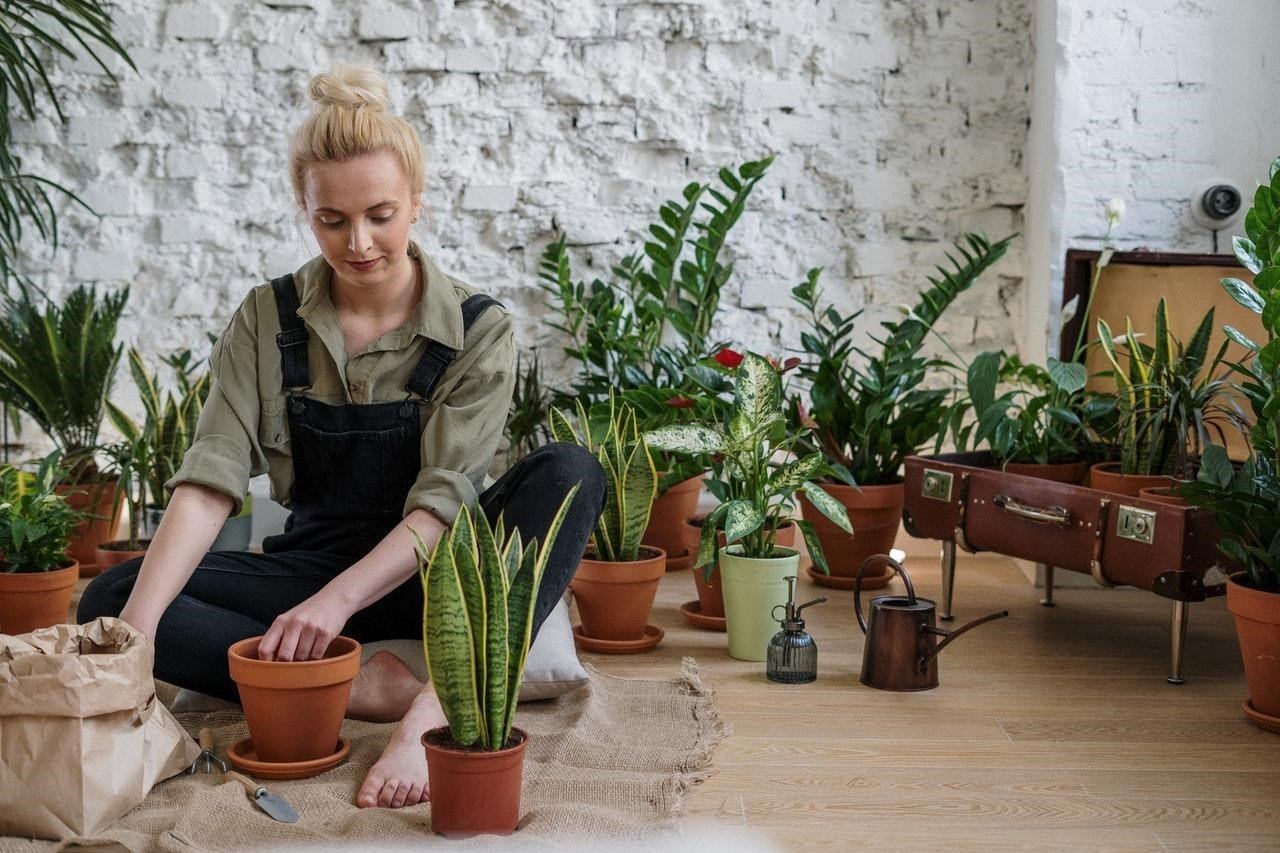
As the lockdown continues, it could even be impossible to grow anything in a communal plot. These restrictions don’t have to stop you; it’s still possible to take your gardening indoors and build a space of your own with these 7 tips.
1. Try Vertical Gardening
It’s hard to bring gardening indoors if you don’t have space, but if you have some free real estate on your walls, you can set up a beautiful vertical garden.
Even tiny apartments can start using their green thumb to grow fresh herbs and flowers. Vertical gardens are also inexpensive.
Instead of pots, use a picture frame and keep the soil in with landscape material. Spritz the plants with a bottle. If you want to avoid messy soil, purchase a vertical hydroponic system that uses a Nutrient Film Technique, a constant stream of water that flows over the roots.
2. Buy Grown Plants or a Seed-Starter-Kit
Plants that are already grown are easier to take care of because most of the hard work is done for you. While a plant is growing, it’s more sensitive to changing temperatures, too much or too little water, and adequate sunlight.
Depending on how much sun your dwellings receive during the day, you could potentially starve your plant for nutrients.
If you want to grow your plants from seed, always read the packets before purchasing. Look for durable plants and can be started indoors like basil, tomatoes, marigolds, peppers, salvia, and moon vine.
3. Opinion: Buy Vegetables and Herbs Instead of Flowers
Flowers are beautiful, and many perennials can last over 2 years, but if you have limited space, it’s better to go for plant utility over aesthetics.
Growing a vegetable and herb garden can be rewarding because you’ll literally get to use the fruits of your labor! Plus, growing your own food will save you money on your grocery bill!
Fresh herbs can’t be beaten: they hold an incredible amount of flavor and won’t go bad right away as long as you don’t harvest the whole plant.
4. Get the Right Pots for Each Flower
Some plants and flowers have unique requirements. For example, the orchid is a flower that grows in hot temperatures and has roots that need to attach to trees or bushes.
Terra Cotta pots are perfect for these tropical flowers because they keep roots warm and quickly evaporates water. An orchid could drown from too much water if using the wrong pot.
Most plants have general pot requirements and will be happy with a breathable, plastic pot with a hole at the bottom. Always buy an indoor potting mix to ensure your plants get the right amount of nutrients.
5. Use the Right Watering Can to Water and Wash Plants
Watering your plants is an essential habit you need to form if you want to keep your green friends alive. While it’s tempting to use a glass of water and pour, you could miss roots or overwater your plant.
Most flowers and vegetables love misters because it mimics rainfall, so find a bottle with a misting attachment or a watering can with fine holes.
An often overlooked part of indoor plant care is washing the leaves. Gently wash your plants with a cloth or paper towel so they can properly soak in the sun’s rays and prevent clogged pores.
6. For Pet Owners: Some Plants are Toxic to Dogs and Cats
Every day the pet poison Healthline is called because their dog or cat ate a part of their plants, but few plants are actually poisonous to our furry friends.
Unless your pet is allergic, they’re more likely to throw it up with no health complications. However, vomiting could be a sign they need immediate medical attention.
Always do your research before putting your pets’ lives at risk because some plants act fast. Never bring in an autumn crocus, azalea, cyclamen, kalanchoe, lilies (some), oleander, dieffenbachia, lily of the valley, or tulips into a home with pets.
7. Opinion: Buy Plants That Foster Mental Wellness
A vegetable garden is nice, but what if you want plants that fill the mind instead of the stomach? All plants have numerous health benefits because they increase the oxygen in the home, but others are capable of extraordinary feats.
For example, lavender is anti-inflammatory, and its fragrance can help with insomnia, anxiety, migraines, and depression. Aloe vera, sunflowers, mint, basil, and rosemary can bring you closer to health by consuming or smelling its leaves.
